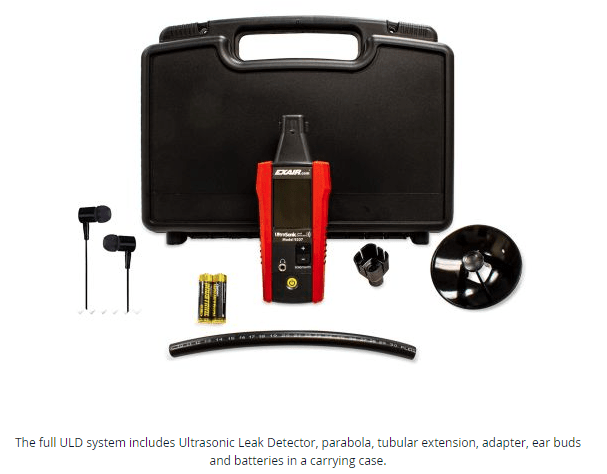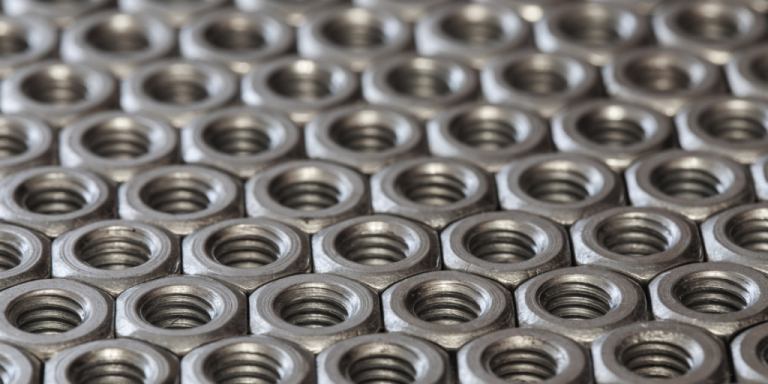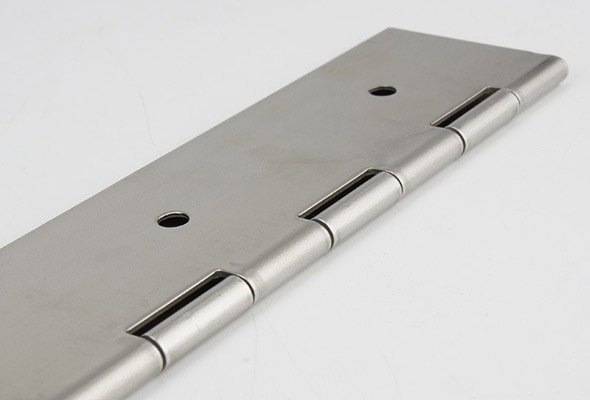Turn Your One Bedroom Fixer-upper Compressor Room into a Pent House Suite!
First lets paint a picture, by starting with my first 400 Sq.Ft Bachelor pad in Holland Michigan. It was my first time after college living on my own and paying my own room and board! So I did what every fresh out of college 25-year-old male does, I scoured the internet for the cheapest possible living arrangements! And that was a one bedroom(ish) apartment that was one of three rentals they made from a small 1,500 Sq.ft house! It was rough, I could smell the smoke from my neighbors. I could tell what they were having for dinner by the smell and I could hear EVERYTHING! Needless to say the conditions were not the best to relax and properly live my life. (Just had a little PTSD thinking about it)

I said all of that just to say the Environment Matters! For me, it was my living conditions and I learned that the hard way! But for your Air compressor it’s the compressor room in which it sits! While we don’t sell compressors, pretty much all of our products use compressed air so helping you generate and use it in the best and most efficient way is important to us!
Some of the mistakes that are commonly made in the compressor room are by design, and others are operational. Let’s cover a few;
- Poor ventilation: Air compressors get hot. They’ve got a lot of moving parts, and many of those parts are moving under a great amount of force (pressure is literally defined as force per unit area), and at a high rate of speed. Add in the heat of compression (it takes energy to compress air, and that energy has to go somewhere, (something another colleague, John Ball, explains here). Add in all that friction, and you come up with a TREMENDOUS amount of heat. An industry rule of thumb, in fact, states that over 2500 Btu/hr of heat is generated, PER HORSEPOWER, by a typical industrial air compressor. If the compressor room isn’t big enough, you’ll need an exhaust fan capable of removing all that heat. Many compressors also have optional heat recovery systems as well.
- Lack of filtration: Take a good, full breath in through your nose, right now. Did you smell anything unpleasant or irritating? I hope not…clean air is a “must” for your lungs (and the rest of your body), and the same is true for your air compressor (and the rest of your compressed air system). Keeping up with the maintenance on the intake filter is literally “starting where it all begins”…from the 1st paragraph.
- Not removing moisture: Water & water vapor will have an adverse effect on many components of your compressed air system: it’ll cause rust in iron pipes, damage the seals in air cylinders, motors, tools, etc., and if you use it for blow off or conveying, it’ll contaminate your product.
- Leaks: The compressor room is loud, so leaks are going to be pretty big before you can hear them. And to add insult to injury, the vibration of a running compressor makes the compressor room a prime location for them to occur. Even one small leak that you couldn’t hear in a quieter area will cost you over $100 over the course of the year, and maybe only take minutes to fix. Good news is, even if you can’t hear them, they ALL make an ultrasonic signature, and we’ve got something for that.

- Ignoring maintenance. If you don’t schedule planned maintenance, your equipment will schedule “corrective” maintenance for you…oftentimes at greater expense, and with no regard to your schedule.
- Moving metal parts that make metal-to-metal contact (or that have very tight spacing tolerances) HAVE to be lubricated properly. If you run low on oil, or let it get dirty or emulsified, severe damage will follow. Keeping an eye on the oil level, and changing it (and the filter) at the manufacturer’s recommended intervals, is critical.
- Emulsified or otherwise contaminated oil can damage seals, gaskets, and o-rings. That’s obviously a big problem for the compressor, and when it carries over into the header, it’s a big problem for pneumatic cylinders & tools as well. Periodic sampling & analysis of your oil can provide timely notice of issues that can be corrected before they become catastrophic failures.
- Depending on the type of compressor, and its drive system, the manufacturer’s maintenance recommendations may also include:
- Checking coupling or belt alignment of the drive.
- Checking bolts for loosening due to vibration (a “necessary evil”, especially with reciprocating compressors).
- Adjusting the pistons to maintain valve plate clearance.
- Tightening or replacing the mounts & vibration pads.
Don’t put your compressor in a room that smells like a cigarette butt covered in cooking grease that is infested with cockroaches. Set it up in the pent house, and it will reward you with dependable and efficient operation for a very long time! If you’d like to find out more about how EXAIR Corporation can help you get the most out of your compressed air system, give me a call.
Jordan Shouse
Application Engineer
Send me an Email
Find us on the Web
Like us on Facebook
Twitter: @EXAIR_JS
German Cockroach image courtesy of Sarah Camp , Creative Commons License.



